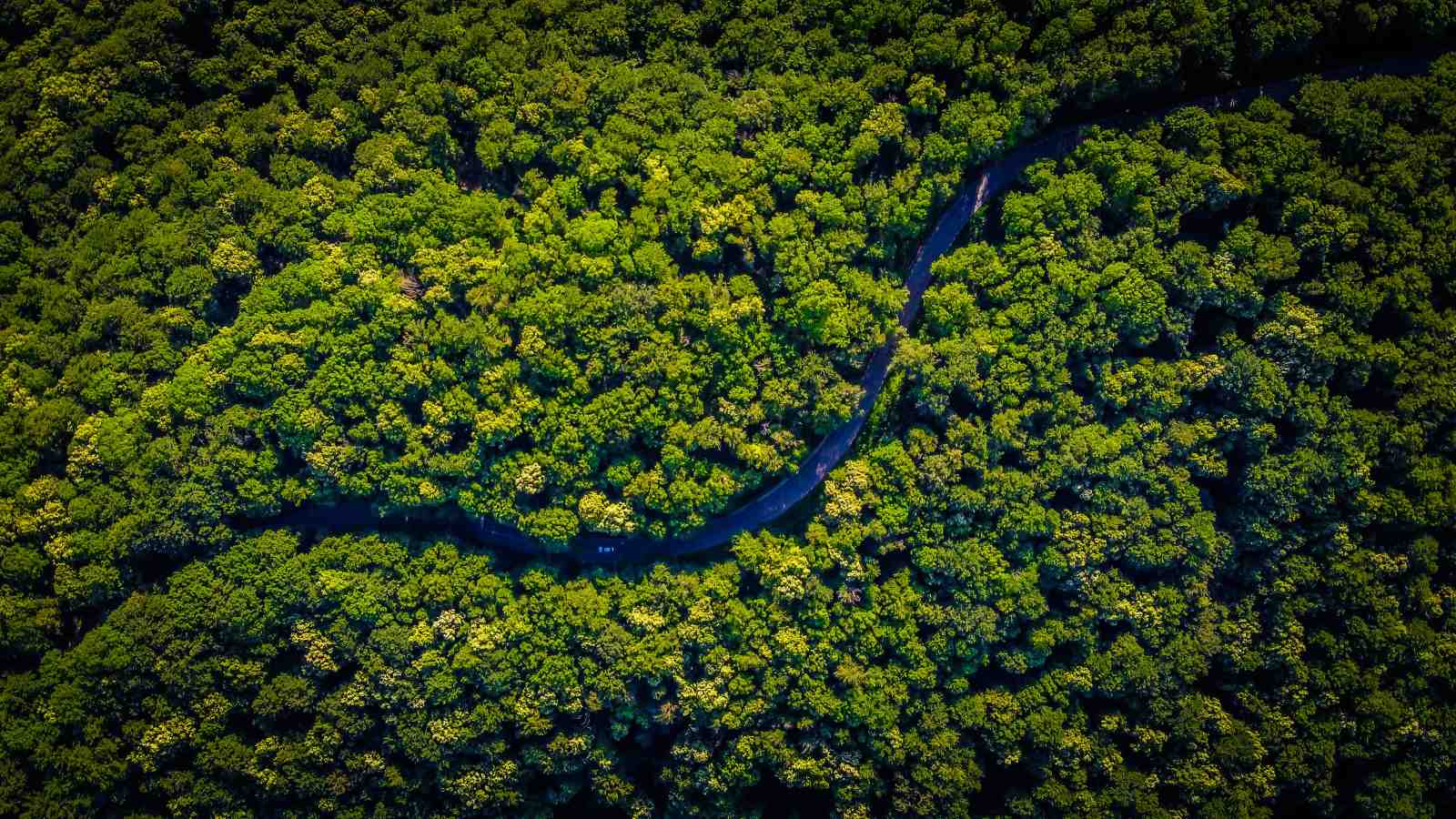At long last, supply chain relief? + Deforestation in the Amazon is fueling the (literal) fire

Surprise, surprise, burning down trees in the world’s biggest rainforest is not great for the environment. Despite pledging to stop its deforestation drive by 2030, Brazil saw the number of fires recorded in June in its Amazon rainforest hit a 15-year high, before they even reach their annual peak, Reuters reports. Farmers start the fires by cutting down forests and burning the trees, with the burning season typically escalating in August and September when the dry season is at its height. Brazilian forests have gotten worse since 2019 when the country welcomed President Jair Bolsonaro into office, who came bearing weaker environmental protection. And all that comes worsening our climate crisis, with the rainforest destruction making up about 9% of human-caused CO2 emissions.
A (small) sigh of relief from supply chains: After the “perfect storm” of negative events, between covid-19 and the Suez Canal’s Evergreen saga, supply chains are finally recovering, economics reporter Valentina Romei writes for the Financial Times. Case in point: Shipping prices have almost halved, with the average cost of moving a 40-foot metal box dropping 45% from its peak last year. Supply chain issues have caused manufacturing delays, as well as significant increases in shipping costs, all of which have impacted the cost of production across various sectors. Now that supply chain bottlenecks are easing, “the system of international trade is dynamic and can recover.”
But don’t get too optimistic, just yet: With Christmas and the accompanying rush of orders fast approaching, there are worries that carriers will not be able to cope and we’ll go back to supply chain bottlenecks once again. “What we’ve seen so far is only a step in that direction, but [some] disruptions are likely to be with us, for months ahead, maybe years,” one economist said.